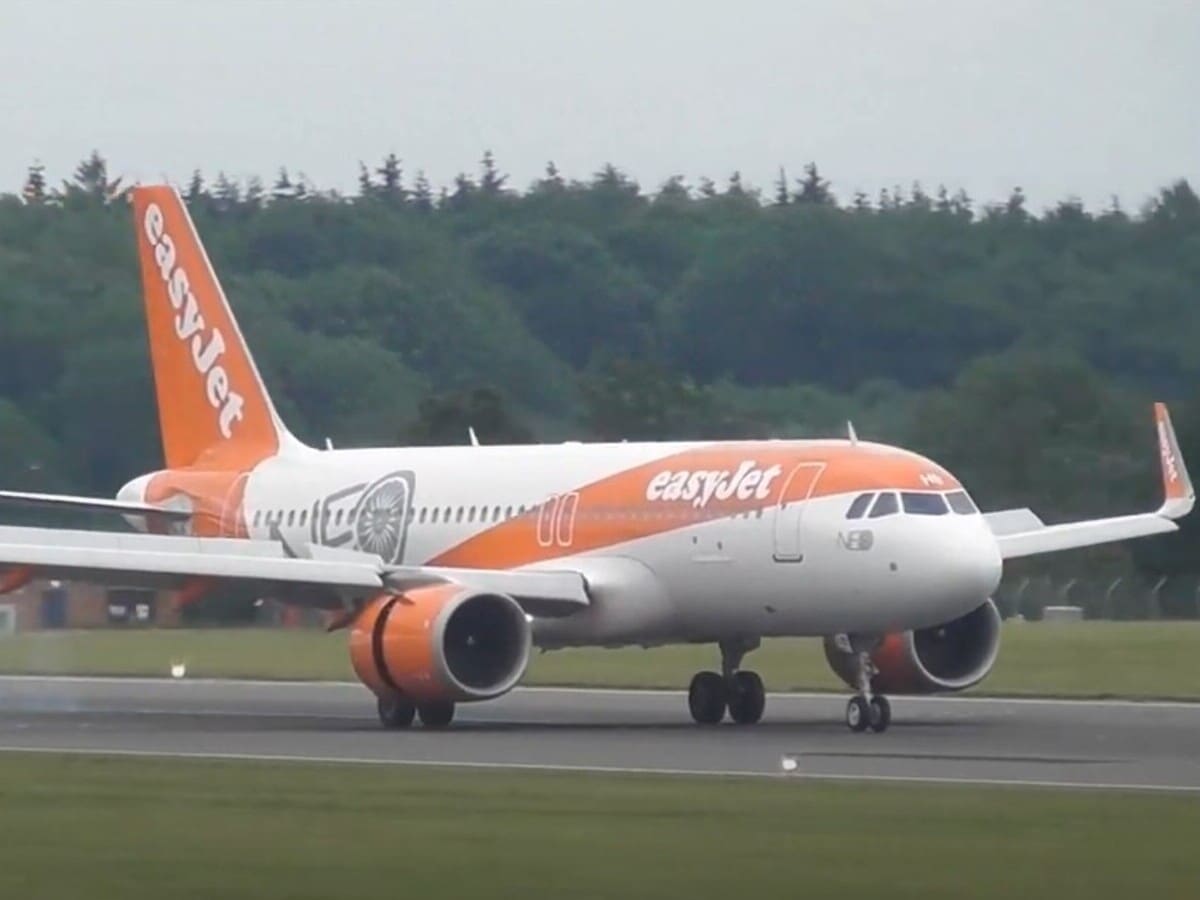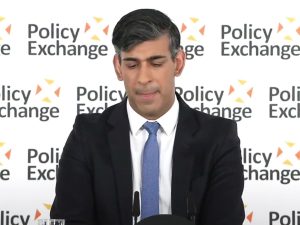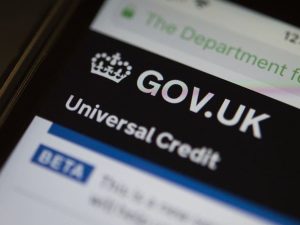Environmental groups have issued a clear warning to airline companies misleading passengers with their contradictory climate crisis credentials. Notably, they have called on 71 airlines operating out of Schiphol airport to cease greenwashing their business operations. Invariably, these major polluters continue to make turbulent claims on their climate impacts – but naturally, they’re largely hot air.
ClientEarth, Fossielvrij and Reclame Fossielvrij have sent a letter to airlines to take them to task over this. Crucially, this set out that air travel companies should not promote common industry claims about ‘sustainable aviation fuels’, ‘offsetting’ and ‘net zero by 2050’ as they are likely to be unlawful.
Airlines greenwashing: a lot of hot air
In March this year, the District Court of Amsterdam ruled in a precedent-setting case that advertising by KLM had broken EU consumer law. Specifically, the court judged that the Dutch airline company had misled customers by using “vague and general” adverts detailing its efforts to offset the pollution impacts from flying.
Despite this, many airlines have failed to stick the landing on keeping in step with the ruling. Therefore, climate groups addressed a legal letter warning among others, companies including:
- Ryanair
- Lufthansa
- Delta
- American Airlines
- British Airways
- Easyjet
- Etihad
- Cathay Pacific Airways
- Qatar Airways
- Singapore Airlines
- Turkish Airlines
Lawyer at ClientEarth Johnny White said:
The misleading sustainability claims pushed by KLM and found unlawful by the Dutch Court come straight from the wider industry’s greenwashing playbook to keep air traffic growing as the climate crisis escalates.
Airlines continuing to promote these misleading messages do so in breach of the law. The Dutch ruling set clear red lines for the aviation sector’s climate advertising. Failing to abide by them exposes airlines to legal action from a range of actors, from civil society, to consumers, regulators and even competitors.
Red lines for aviation advertising
Notably, one major finding from the Dutch Court judged to be misleading was the industry’s description of alternative fuels. For instance, this can include minor amounts of used cooking oil utilised as biofuel. The industry has promoted this as a ‘promising solution’ and ‘sustainable aviation fuel’.
Therefore, the letter warned that airlines cannot use the label ‘sustainable aviation fuel’. It also cannot employ the abbreviation ‘SAF’ in consumer-oriented communication. On top of this, the ruling laid out that they should not use other vague terms like ‘more sustainable aviation fuel’. Doing so gives the impression that it can make a substantial contribution to reducing the climate impact of aviation. Of course, in reality, it does not.
It also made clear that airlines are prohibited from making ‘offsetting’ claims. This means stopping schemes that suggest customers can pay towards a tree planting project or the costs of biofuels as a way to reduce, compensate, or neutralise the climate impact of a flight.
As the Canary reported in April, in a separate ruling in Germany, a court ruled similarly over airline Eurowing’s offsetting claims.
Specifically, Eurowings uses an offsetting calculator to offer its passengers the opportunity to make their flights supposedly “CO2-neutral”. This is done by passengers making a small financial contribution to forest protection and cooking stove projects.
However, the court ruled that the forest protection projects it used for the alleged offsetting are not suitable for achieving actual compensation. In particular, it found that forest projects cannot be operated for the same length of time as the carbon emitted by the flight remains in the atmosphere.
Previous research has rubbished airline’s offsetting claims. For instance, a 2021 investigation by Greenpeace Unearthed and the Guardian revealed that major airlines’ carbon neutral claims over forest offset projects could not be verified. Similarly, Climate Home News also found that so-called cleaner cooking stove offset initiatives largely offered ‘junk credits’. In other words, claims to offset greenhouse gas pollution were essentially bogus.
Aviation growth is more airline greenwashing
Overall, airlines that are failing to make substantial emissions reductions cannot claim they are committed to the Paris Agreement. Equally, they are prohibited from implying that they are on their way to a more sustainable future, or are on a path to ‘net zero’ by 2050.
The environmental groups also warned that aviation industry growth is not consistent with limiting the dangerous climate crisis.
The Dutch Court did not specifically hold KLM’s decision to grow its business against the airline. Nevertheless, judges found that its other measures meant it could not lawfully claim to be tackling the climate crisis in line with global climate goals.
The letter pointed out that KLM’s unlawful claims appear to be part of the industry-wide climate PR strategy to protect what KLM calls the industry’s ‘licence to grow’.
The European Commission and the European network of consumer protection authorities’ recent regulatory action confirms the widespread nature of this strategy. Currently, they are investigating 20 airlines across the European Union over potentially misleading sustainability claims.
Hiske Arts, campaigner at Fossielvrij, said:
Aviation is a highly polluting, fossil-fuelled industry. Pursuing growth inherently undermines action to tackle the climate crisis, which demands a limit on air traffic. Airlines cannot tout their empty climate promises to win public and political favour while planning to keep on polluting our planet with more fossil fuel burned in the skies.
The organisations are calling for a tobacco-style ad ban on air travel and all other fossil-fuel based goods. These would cite the significant harm these products cause to people’s health and livelihoods through fuelling climate breakdown.
Rosanne Rootert, campaigner at Fossielvrij Reclame, said:
Tackling greenwashing is currently a cat-and-mouse game. You can only react when the harm is already done and people have already seen the ads. A complete ban on fossil advertising, such as for air travel, is the only way to truly eliminate sophisticated greenwashing by these companies.
Feature image via Casey Planespotting – Youtube




